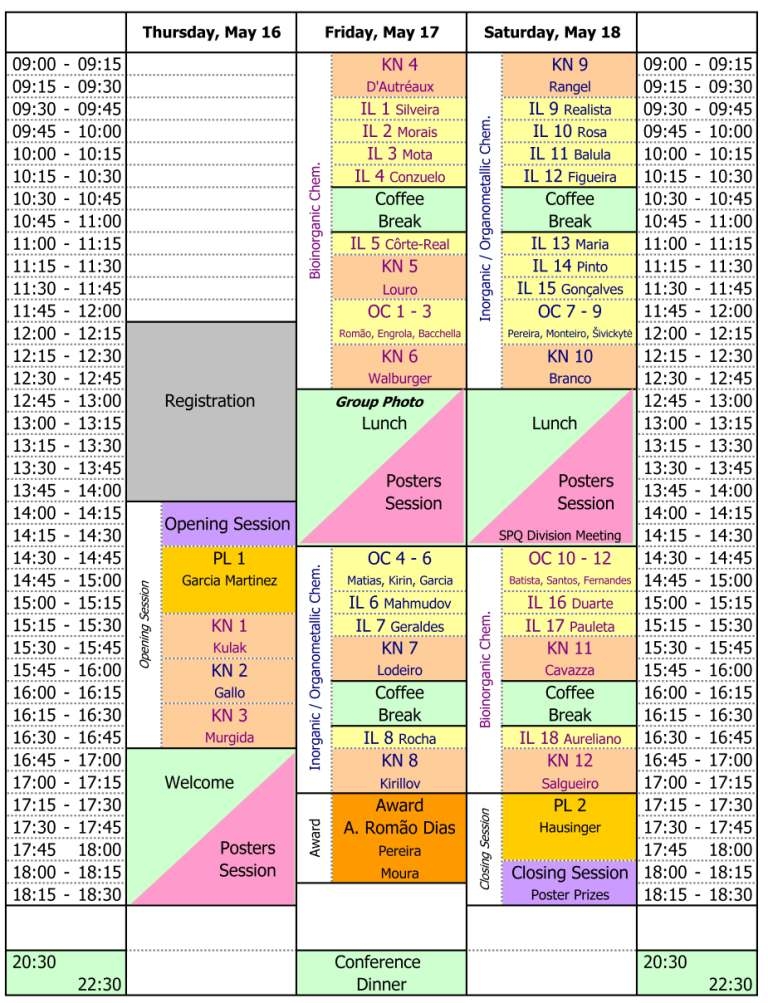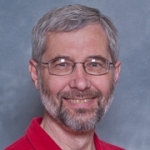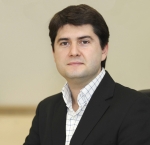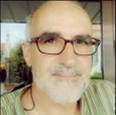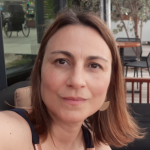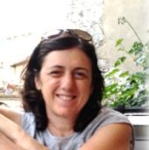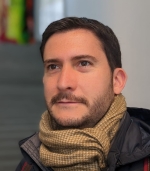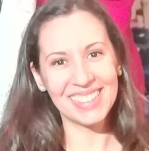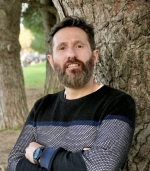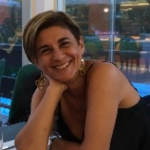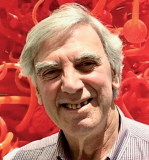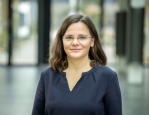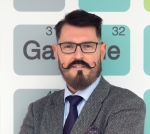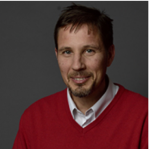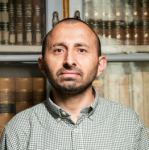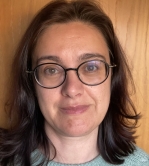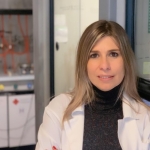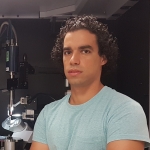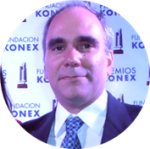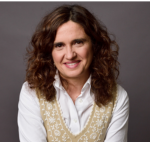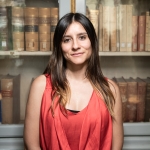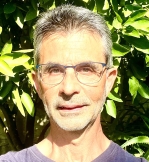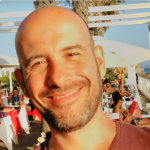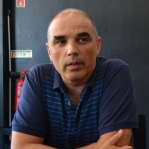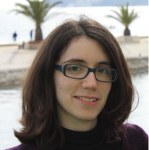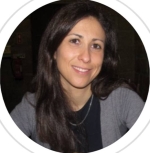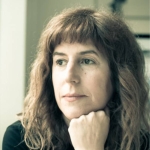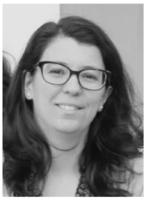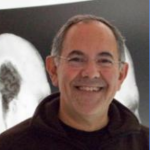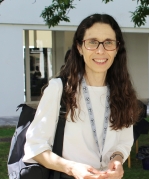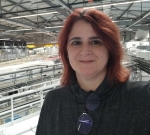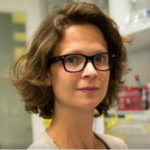Professor of Inorganic Chemistry and Director of the Molecular Nanotechnology Lab, a world-leading research centre working on the synthesis and application of nanostructured materials for the sustainable production of chemicals and energy at the University of Alicante, Spain.
President of the International Union of Pure and Applied Chemistry (IUPAC) from 2022-23, where he introduced major changes such as the establishment of the Scientific and Executive Boards, the integration of the International Younger Chemists Network (IYCN) and the creation of the Presidents' Forum.
For the past 15 years, he has been a member of the World Economic Forum, where he has made a significant impact in promoting the global voice of science through his participation in the Young Global Leaders Forum, the Experts Network and the Global Agenda Council in Emerging Technologies. Since 2012, Prof García-Martínez has contributed to the identification of the World Economic Forum's Top Ten Emerging Technologies and its annual report, which is presented to government and global business leaders in Davos.
His contributions to nanotechnology have unlocked the potential of heterogeneous catalysts for the conversion of bulky molecules by introducing controlled intracrystalline mesopositivity. This technology is considered a major scientific achievement and is now widely used in academic laboratories and chemical companies around the world, saving hundreds of thousands of tonnes of CO2 per year by reducing the amount of waste and coke that would otherwise be burned to produce green gas emissions in key industrial processes ranging from biomass conversion to catalytic cracking. He is also a renowned entrepreneur. As founder of Rive Technology, the company that commercialises his catalysts, he started, grew and recently sold this business to Grace, the largest catalyst manufacturer.
Prof. García-Martínez is a science communicator who has written several outreach and opinion articles and interviews in Science, Nature, the Washington Post, Scientific American and other publications, promoting science for the global good internationally.
His contributions to catalysis, energy and chemistry have been recognised with some of the most prestigious awards, including 1) Young Global Leader, 2009 - World Economic Forum, 2) Innovator of the Year, 2007 - MIT, 3) Member of the Round Table of Top Entrepreneurs, 2008 - European Commission, 4) Emerging Researcher Award, 2015 and Kathryn C. Hach Award for Entrepreneurial Success, 2018 - American Chemical Society, 5) Premio Rey Jaime I, 2014, 6) Fellow of the Royal Society of Chemistry, 2007 and the American Chemical Society, 2021, and 7) Member of the Council of Emerging Technologies - World Economic Forum.
